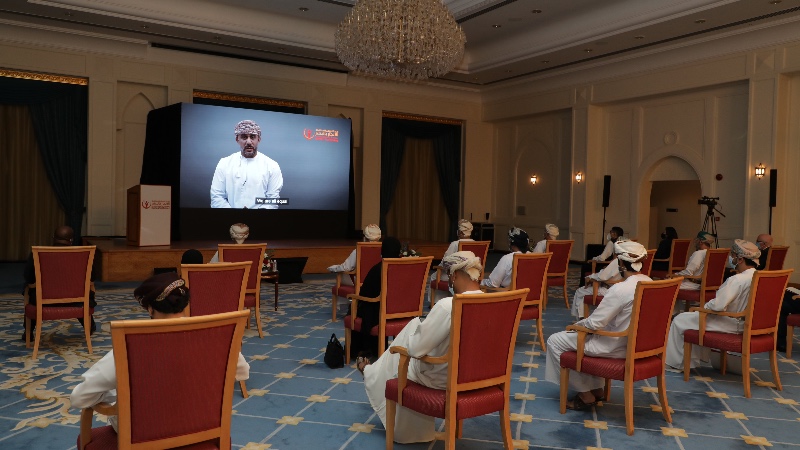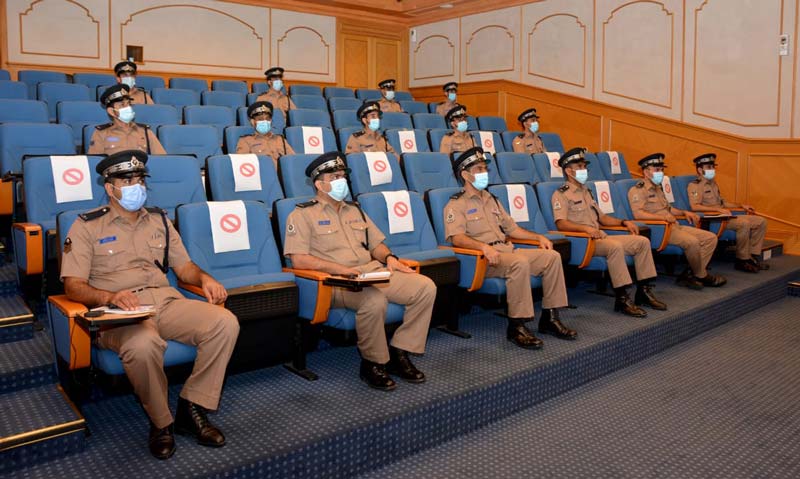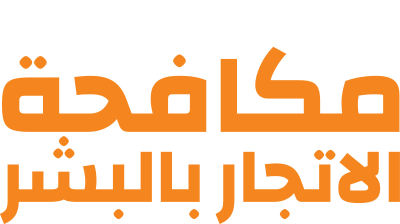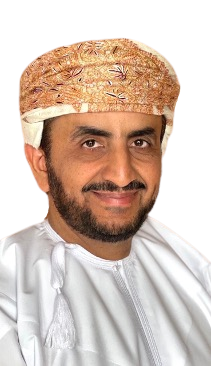National Committee to Combat Human Trafficking
The National Committee to Combat Human Trafficking was established under the 2008 law which outlaws trafficking in persons in Oman.

NCCHT Chair’s message
The Sultanate of Oman is committed to combating the phenomenon of human trafficking. Human trafficking, and all the practices associated with it, go against all decent humanitarian principles and values. Human trafficking is an insult to legitimate human rights and the preservation of basic human dignity.
The National Committee to Combat Human Trafficking continues with diligence and dedication to work in accordance with international and regional treaties and conventions to combat trafficking in persons.
To tackle this phenomenon, we believe that by working in cooperation, hand-in-hand with our partners at the national level, we can fight and prevent human trafficking, so upholding the rule of law and preserving human values.
Membership
The membership of the National Committee includes representatives of
- Foreign Ministry
- Public Prosecution
- Royal Oman Police
- Oman Supreme Court
- Ministry of Justice and Legal Affairs
- Ministry of Education
- Ministry of Health
- Ministry of Social Development
- Ministry of Labour
- Ministry of Information
- Oman Human Rights Commission (OHRC)
- Oman Chamber of Commerce and Industry (OCCI)
- General Federation of Oman Trade Unions (GFOTU)
The current Chair of the NCCHT is H.E. Sheikh Khalifa Al Harthy, Undersecretary of the Ministry of Foreign Affairs for Diplomatic Affairs.
Responsibilities
- Developing an action plan to combat trafficking in persons (TIP) in coordination with the relevant Omani authorities.
- Organising training programmes for those involved in the enforcement of the law to combat human trafficking.
- Carrying out media campaigns, research and studies to combat trafficking in persons, and to protect the victims.
- Setting up care and rehabilitation programmes to help victims of human trafficking.
- Suggesting rules and procedures to support border controls, the monitoring of means of transport and coordinating with the authorities concerned.
- Suggesting amendments to the Law against Human Trafficking and other relevant laws to further combat TIP.
- Working with international agencies and organisations, as well as the relevant authorities in Oman, to set up rules and procedures to combat transnational crimes of trafficking in persons.
- Preparing reports for the Council of Ministers on combatting human trafficking in Oman.

A video message from Omani sports star Ali Al Habsi was shown at the Insan launch.
Media campaigns
The NCCHT runs national campaigns to raise awareness of the problem of human trafficking.
The ‘Insan’ campaign, launched in March 2021 and due to run until the end of May 2021, aims to promote awareness about human trafficking crimes, how to detect them and how help the authorities to deal with such cases.
‘Insan’,was chosen as the name for the campaign to convey the message that every human being should be treated with dignity and respect, regardless of race, colour or religion.
The campaign, which uses posters and videos, was launched under the auspices of Nasr Khamis Al Sawai, Attorney General and Deputy Chairman of the NCCHT.
“The Sultanate believes in the necessity of its role to support global efforts in combating human trafficking, which is a danger to society, both in the short and long term,” he said.
‘Insan’ builds on the successes of the first NCCHT campaign, ‘Ehsan’, launched in 2017.

Workshop for the Royal Oman Police’s General Department of Criminal Inquiries
Training
The NCCHT is active in providing training for those in the front line of tackling human trafficking in Oman. Examples of this include:
- Facilitating a workshop for the Royal Oman Police’s General Department of Criminal Inquiries and investigations to help ROP officers deal with reports of human trafficking quickly and effectively when cases are reported via the Human Trafficking Telephone Hotline.
- Providing support for a workshop on “Combatting Human Trafficking” organised by the Ministry of Social Development in cooperation with the Royal Oman Police and the National Committee for Combatting Human Trafficking.
NCCHT statement on passports
Under the laws of Oman and under international law no person or company has the right to take possession of a passport belonging to an individual employee. Any employee has the right to retain his passport at all times.
We recognise that employers may be concerned about the risk of an employee stealing from them and then absconding. But this is not a legitimate reason for retaining an employee’s passport. Therefore, it is supposed that employers can manage employee relations in such a way as to reduce this risk.
In the event, God forbid, of a theft, the Royal Oman Police has adequate resources to facilitate the recovery of stolen property. Employers should resort to the police for help and never take the law into their own hands.
NCCHT statement on allegations of human trafficking in Oman
The National Committee to Combat Human Trafficking monitors media reports concerning alleged human trafficking in the Sultanate of Oman. Information is forwarded to the Royal Oman Police (ROP) for investigation as appropriate. We can confirm that Omani authorities take such allegations very seriously and perform their duty to investigate every single one. In many cases such newspaper articles or reports are not based on factual evidence. For example, a disgruntled employee may make a frivolous claim to a family member or media contact.
Foreign newspapers can print such material or reports as they choose, but whenever possible the Committee strives to follow up on any allegations and such media reporting in order to verify them and set the record straight.
Most labour contracts have provisions dealing with early termination of a contract. Oman’s Ministry of Labour and the courts deal with any breach of contract by either an employer or an employee. We recognise there may sometimes be concerns on the part of either the employer or the employee about correct enforcement of a labour contract. Under such circumstances we strongly advise the parties to seek the help of the Ministry of Labour, by clicking here.
We are transparent with all the relevant parties in relation to our efforts to combat human trafficking.
The National Committee to Combat Human Trafficking fully recognises the concerns of employees, employers, and other stakeholders in relation to these issues. We value the insight and awareness of stakeholders, and we welcome your feedback.

Attendees at a seminar on Human Trafficking: Concept and Practice
Raising awareness
The NCCHT works to raise awareness of the problem of human trafficking and to develop strategies to tackle it through seminars and conferences.
NCCHT representatives took part in a two-day seminar organised by the Oman Human Rights Commission in cooperation with the NCCHT.
The seminar recommended establishing a dedicated fund to boost support for victims of human trafficking, updating human trafficking related laws and legislation.
The seminar also proposed to continue efforts to establish dedicated units for human trafficking within law-enforcement bodies, and to encourage cultural programmes that aim to spread awareness about the issue of human trafficking.
Resources

There is a lot of information available in the media and on the internet about human trafficking.
For further information and links to useful websites about human trafficking please scroll down this page.
Further Information
This section provides further information about human trafficking from Omani and international organisations, national governments and non-governmental organisations (NGOs)
Oman Human Rights Commission
The Oman Human Rights Commission monitors human rights violations in the Sultanate and provides help resolving and settling complaints.
The OHRC website offers a Human Rights Guide for non-Omani workers.
It also offers a guide on how to file reports of any human rights violation.
GloACT
The Global Action against Trafficking in Persons and the Smuggling of Migrants – Asia and the Middle East
This is a joint initiative by the European Union and UNODC, in partnership with the International Organization for Migration implemented in Iraq, Iran, Afghanistan and Pakistan. Available in Arabic, English and other languages.



